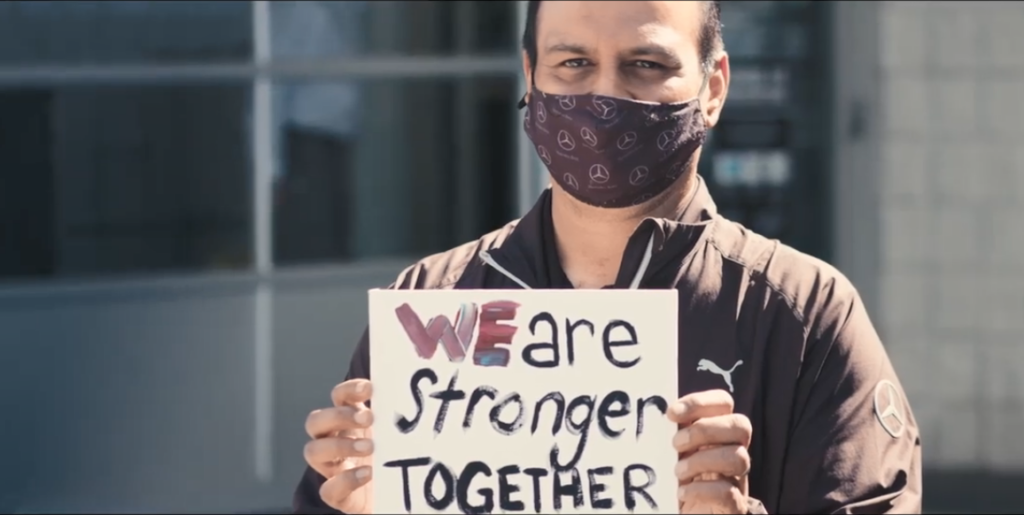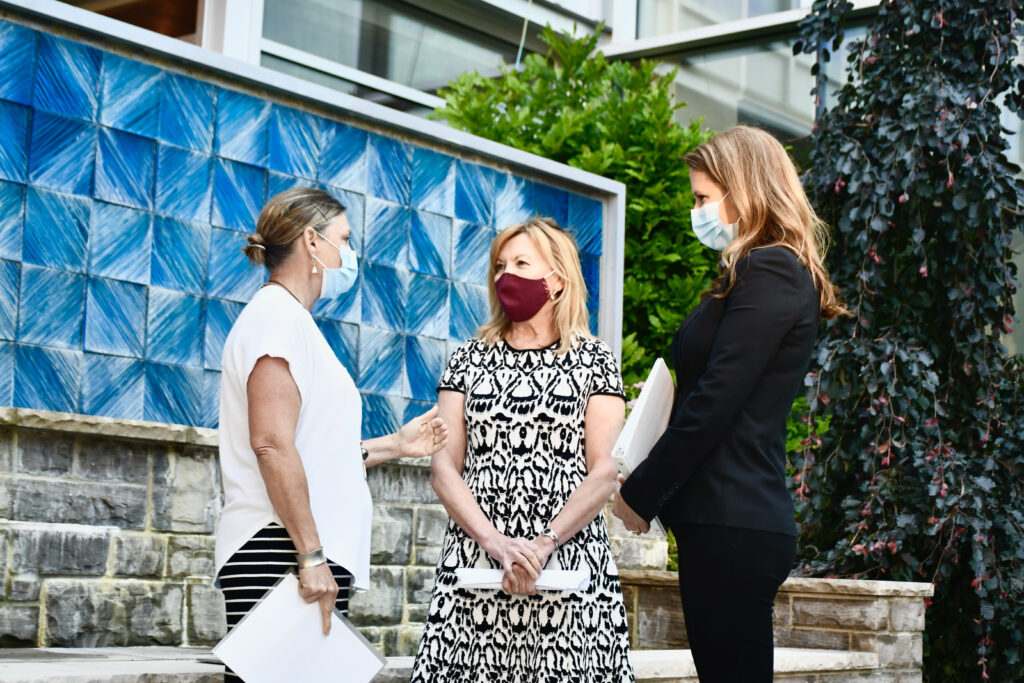July 24 is International Self-Care Day.
Self-care is important every day. The last few years have been difficult for many and taking care of yourself is essential. Engaging in a self-care routine can help anxiety and depression, reduce stress, improve concentration, minimize frustration and anger, increase happiness, improve energy and more, according to the Canadian Mental Health Association.
So, how do we show self-care to ourselves?
Sabrina Tuzi, Registered Social Worker and Adult Crisis Worker in Southlake’s Mental Health Program, has some tips for you to help take care of yourself on Self-Care Day and every day.
1. Practice a growth mindset
A growth mindset allows us to continue growing, expanding and shifting. Mistakes are seen as an opportunity to grow instead of self-criticism or point of shame. When we approach life from a fixed mindset, we see knowledge, opportunity and growth as something we can’t change or shift. It keeps us stuck. But a growth mindset keeps us moving forward.
2. Move your body
There is no wrong way to move your body. Moving your body and engaging in physical activities releases stress and helps your brain release endorphins, which will help boost your mood! Do what you can, and find what you enjoy, whether it be a walk, yoga, playing a sport, stretching, or more intense exercise. Find what makes you feel good.
3. Give yourself permission to nap
Studies show that napping is beneficial to our brain health as well as our overall health. A short nap can boost memory, improve job performance, lift your mood, make you more alert and ease stress.
4. Learn to feel your feelings
Try to avoid ignoring or overriding emotions. This can lead to greater levels of guilt, shame, self-criticism and lead to more distress in the long run. If you are sad, you are sad. If you are happy, you are happy. Feel and process those emotions and don’t judge yourself for them.
5. Connect with your body
Learn grounding and mindfulness techniques to help you pay attention to your body. Try some grounding techniques, yoga or meditation to help you. These can be difficult in the beginning but your skill will increase with time and practice. Difficulty concentrating while doing any of these practices is normal! Just redirect yourself back to the activity and you will see improvements over time.
6. Take care of your gut health
Your body’s energy can be impacted by what you eat. Eating healthier foods and getting an adequate amount of nutrients can help improve your energy. Learn to listen to your body’s internal hunger/fullness/satisfaction cues through mindfulness or intuitive eating. Stay hydrated and take your vitamins!
7. Diet isn’t just what we eat
Your diet is also what you watch, what you read, who you follow on social media and who you spend your time with. If your goal is to have a healthier mind, you have to start by removing the “junk” from your diet.
8. Consider therapy
People often choose to go to therapy to better understand themselves, understand the impact of their early experiences in life, gain confidence or work on a skill they haven’t yet developed. Studies show that the impact of a person’s problems is felt in the body, which can lead to chronic diseases if left untreated. Seek therapy if you want to help and make sure to find the right therapist. If the first one doesn’t work for you, try a different one until you find the right fit for you.
9. Understand your own limits
Make a point of being conscious of your own limits. If you sense your level of stress is increasing, try to stop and take in what exactly is triggering your stress.
10. Have fun!
If you want to enjoy your life, don’t subscribe to other people’s definition of “fun”. Fun doesn’t have to mean drinking, partying and/or socializing. Fun can be a night in alone, getting lost in a book, a deep conversation, a walk, creating art, working out, playing an instrument, spending time outside and so much more. Find what fun means to you and do it!
11. Don’t hesitate to reach out if you need to
Most employers (Southlake included) have an Employee Assistance Program if you need to reach out to talk to someone.
- Canadian Mental Health Association (CMHA) resources: https://ontario.cmha.ca/document-category/services-and-supports/
- York Region Mental Health resources: https://www.york.ca/health/health-professionals/mental-health-and-wellbeing
- Government of Canada mental health resources: https://www.canada.ca/en/government/publicservice/covid-19/protect-mental-health.html
- Community crisis line: 1-855-310-COPE
And remember, we are of better service to others when we take care of ourselves.



